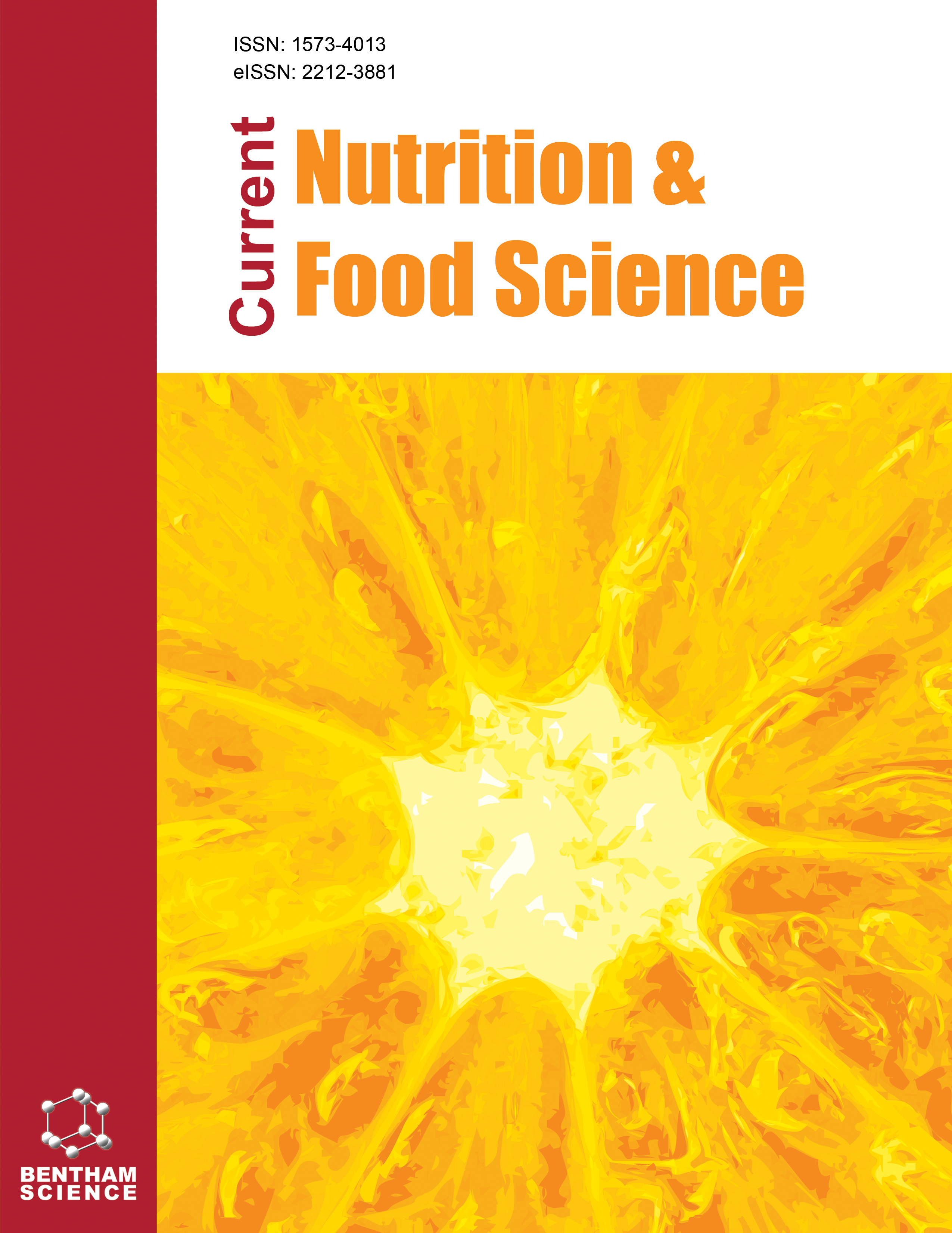
Full text loading...
Dengue is the fastest-growing viral disease caused by an RNA virus, namely dengue virus, throughout India due to global warming. It has been declared a global threat by the World Health Organization due to the upsurge in cases as well as the deaths due to dengue over the last two decades. Most commonly, four serotypes of dengue viruses have high morbidity and mortality throughout the world. The major transmitting agents of this virus are the two species of the female Aedes mosquito, A. aegypti, and A. albopictus. In West Bengal, several outbreaks were reported at different times. Dengue-infected persons were categorized into different categories based on their clinical symptoms. Being a viral disease, it is only managed based on the clinical symptoms, and no specific drugs are available for the treatment of dengue patients. The common methods of management are fluid management and nutritional management to balance the body’s fluid and strengthen the body’s immunity. Several micronutrients, like vitamins D, E, and C, play a major role in dengue management. Other than these vitamins, micronutrients, like zinc and iron, were also successfully used for dengue management. At present, the only way to manage dengue patients is through supportive therapy and micronutrient supplementation.

Article metrics loading...

Full text loading...
References


Data & Media loading...

